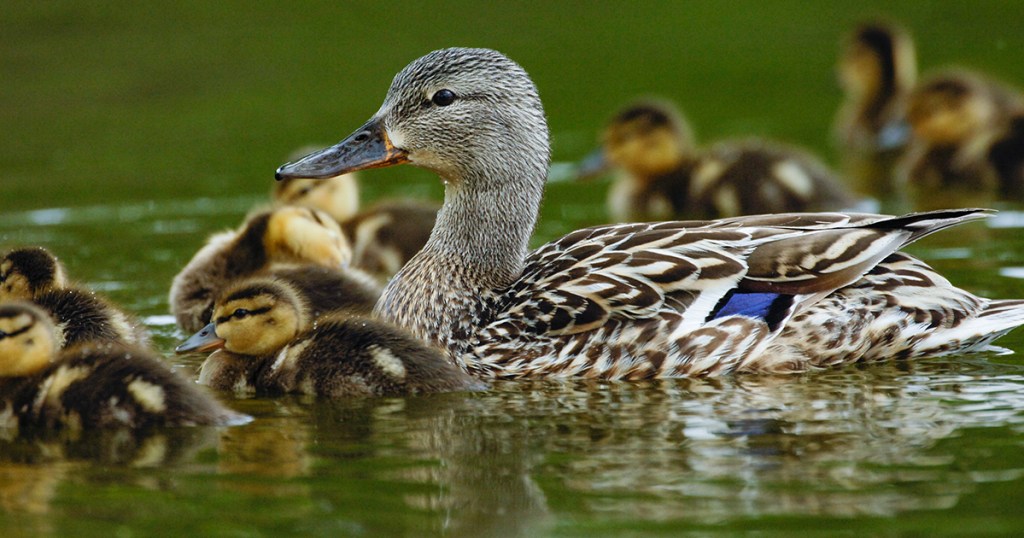The annual spring waterfowl breeding survey of North America’s duck and geese populations will be canceled for the second year in a row, due to safety concerns related to Covid-19. The cancelation of the 2020 and 2021 surveys interrupted a historic data-gathering operation that’s been conducted annually since the inaugural study in 1955.
The biological waterfowl breeding survey is critical for managing waterfowl because it allows experts to evaluate how each species is faring when it comes to nesting, brood, and population. This data helps wildlife managers set waterfowl hunting season frameworks and bag limits.
With the Canada border closed, U.S. Fish and Wildlife Service personnel couldn’t conduct the survey. And while a survey could be conducted in the domestic waterfowl breeding areas, the survey would be incomplete because the bulk of the ducks and geese nest in Canada.
The season frameworks and bag limits are already set for the 2021-22 waterfowl season, so this year’s survey cancelation won’t impact this season, according to Delta Waterfowl. The 2022-23 season structure and bag limits, however, could be impacted by a lack of survey data from 2021.
“Without the survey, we don’t have much to go on,” says Dr. Frank Rohwer, chief scientist for Delta Waterfowl. “We base so much on that May survey data, so having the annual pond counts and breeding population is important. These are unprecedented times for waterfowl management.”
The good news is that ducks have incredible reproductive potential, and studies over the past 40 years have shown that hunter harvest has very little impact on populations of most duck species, Rohwer said.
Read Next: The 8 Coolest Hybrid Ducks and Geese You’ve Ever Seen
USFWS expects that migratory bird hunting will take place during the 2022-23 season. For species with missing data, the populations will be carefully assessed and allow for harvest based on projections derived from long-term data including harvest, survival and reproduction, and population models.

